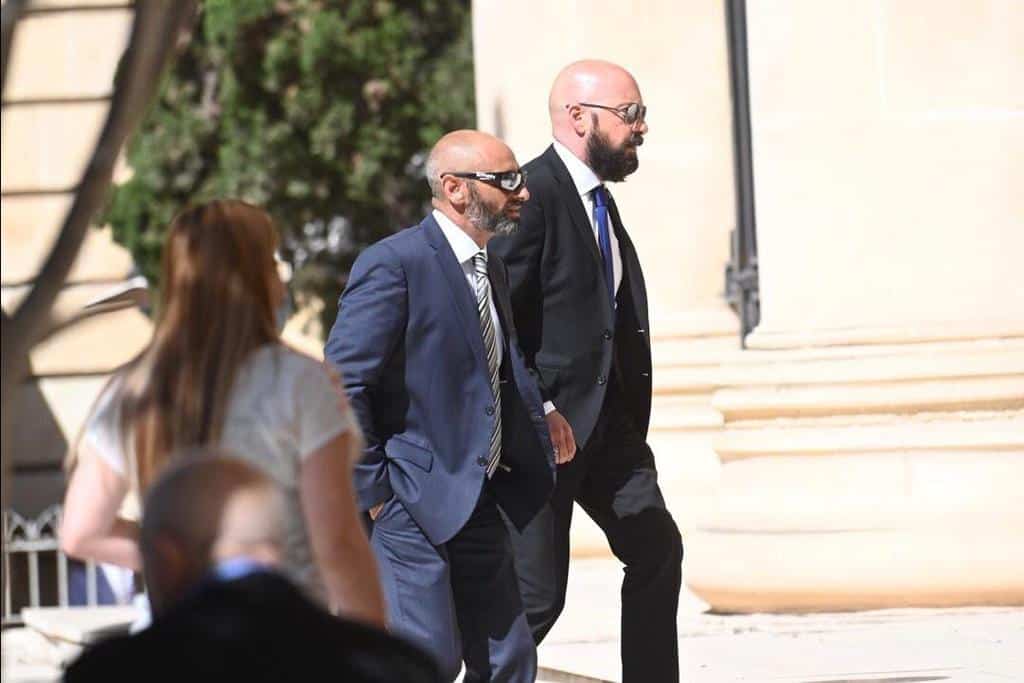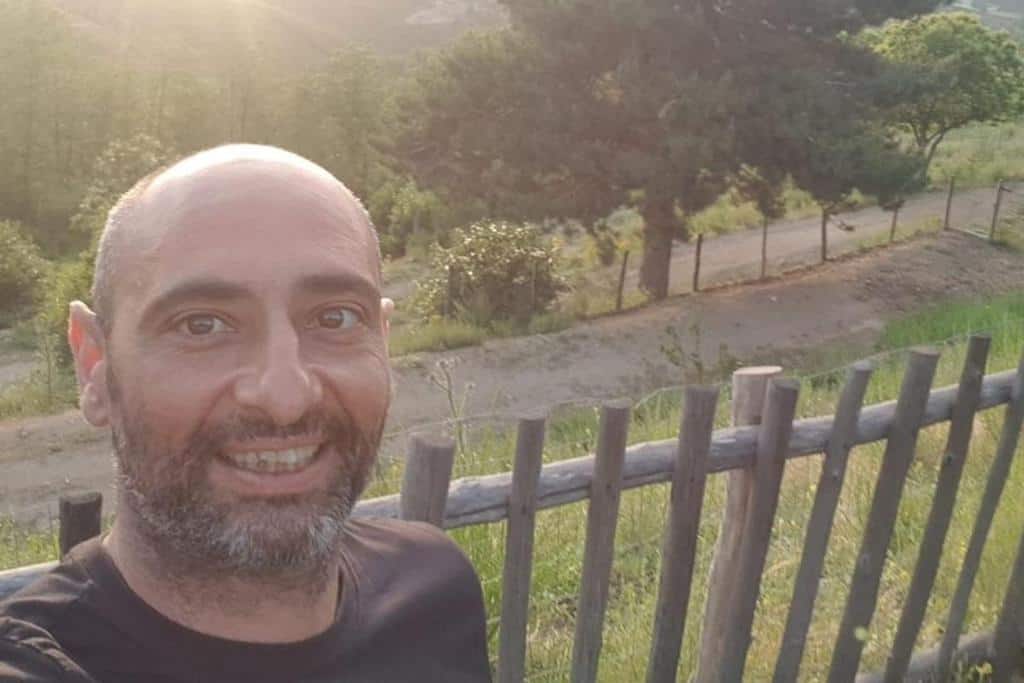
Kenneth Camilleri walked into court yesterday suspected of being a messenger. His name came up late last year when Melvyn Theuma said Kenneth Camilleri visited him at home around the time that he was feeling overwhelmed by the pressure from the Degiorgios to get them out of prison.
Melvyn Theuma had been pushing on Yorgen Fenech to ‘do something’ as he was starting to be afraid the Degiorgios would do something stupid to bring about their own release. One stupid thing they could do, from his point of view, was reveal to the authorities his (Melvyn Theuma’s) involvement in the murder.
Kenneth Camilleri enters stage left. He tells Melvyn Theuma he is to assure the Degiorgios their release would be ‘arranged’, somehow. The details are sketchy at this point but it does not seem like Kenneth Camilleri elaborated too much on the how and when. Melvyn Theuma says Kenneth Camilleri told him to promise the Degiorgios a €1 million each as a disturbance allowance for having to take their showers in Kordin for a while.
Now why did Melvyn Theuma think Kenneth Camilleri was credible? Because Kenneth Camilleri was a staffer in the prime minister’s office, detailed as a body man to the Xiħ himself. The country trusted Joseph Muscat’s life with Kenneth Camilleri. Why shouldn’t Melvyn Theuma trust his?

Given how Yorgen Fenech often bragged that Keith Schembri had his back, Melvyn Theuma assumed Kenneth Camilleri was an envoy dispatched by Keith Schembri. After all, Melvyn Theuma was led to believe by Yorgen Fenech that Keith Schembri wanted Daphne killed. So, he would want her assassins protected and their masterminds hidden.
When he swaggered into court yesterday, Kenneth Camilleri expected he would have some questions to answer. Those questions were to be about the message Melvyn Theuma said he got from him. And about who gave him that message? Was it indeed Keith Schembri?
Like Keith Schembri, Kenneth Camilleri had the months of Covid silence to think about his answer and he must have rehearsed it quite thoroughly before yesterday.
But the day would become stranger yet.
Inspector Keith Arnaud’s last line of questions to Keith Schembri yesterday was largely disallowed by Magistrate Rachel Montebello. They were questions about things Yorgen Fenech told the police after his arrest. These are questions that would come up again if Keith Schembri is ever charged with this murder and if Yorgen Fenech becomes a witness in such a process.
But yesterday the man in the dock was Yorgen Fenech and the witness was Keith Schembri. Keith Schembri was not a defendant in a crime. He wasn’t obliged to answer questions that he felt might put him in a hairy place.
The significance of Keith Arnaud’s line of questioning is less in Keith Schembri’s answers and more in the fact that the questions were asked at all.
One of the questions concerned Kenneth Camilleri. Is it true, Inspector Keith Arnaud asked, that Keith Schembri ordered Kenneth Camilleri to kill Melvyn Theuma?
When giving testimony a few days earlier Melvyn Theuma said he feared Yorgen Fenech would have him killed. That’s not an unreasonable fear for someone who knows they’re the only ones who can testify to Yorgen Fenech’s involvement. But Melvyn Theuma did not only mention Yorgen Fenech. Melvyn Theuma also feared Keith Schembri would have him killed.
Yorgen Fenech added credibility to this concern when he, as appears happened, told the police Keith Schembri wanted Melvyn Theuma done away with and he had the man to do the job in the person of Kenneth Camilleri.
Kenneth Camilleri started the day suspected of being a deliverer of sensitive messages. By the afternoon he was named in court as a cleaner, a professional, a hitman. When he was called to testify he listened carefully to Magistrate Montebello’s warning. He was not obliged to testify if he felt he could be incriminating himself. But if he did testify anything he said could be used against him.
He thanked the magistrate and walked away.
And now Keith Schembri seems to be more than a person of interest in just one murder but, perhaps, a person of interest in the incomplete conspiracy to perpetrate another to cover the first one up.
‘Then comes my fit again: I had else been perfect.’
